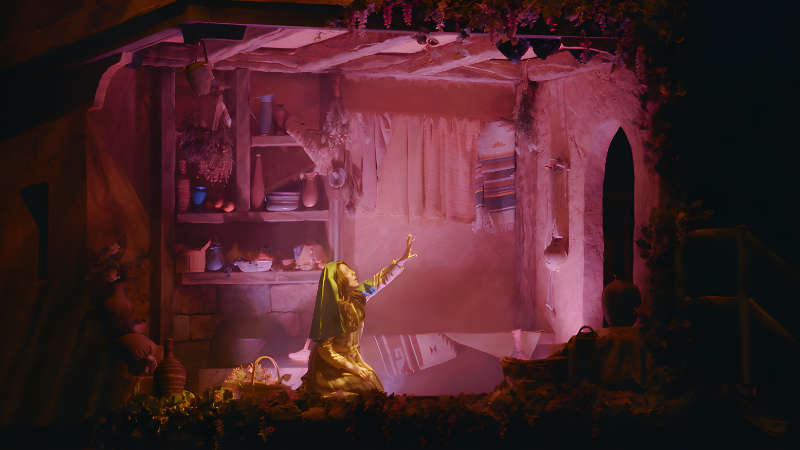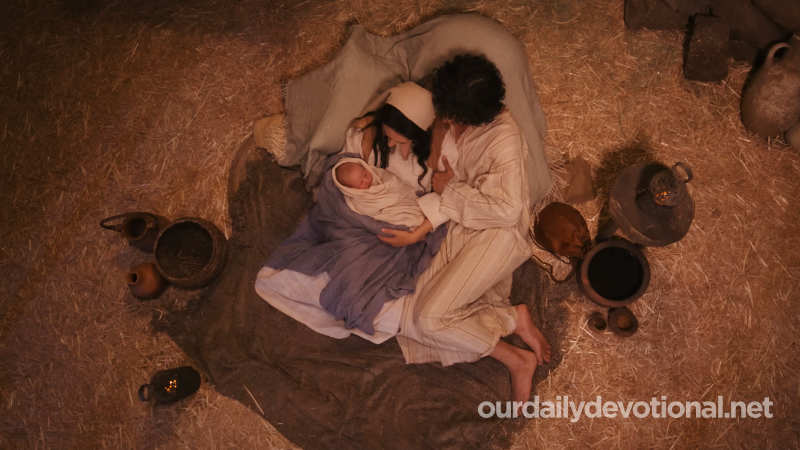
Prayer As Worship | Dwight L. Moody
The centurion, of whom we read in the eighth chapter of Matthew, wanted Jesus to heal his servant. But when Jesus said he would go and heal him, the centurion said, Lord, I am not worthy that thou should come under my roof; but speak the word only, and my servant shall be healed (Matthew 8:8).
Jesus commended his faith. Then Jesus said unto the centurion, Go, and as thou hast believed, so be it done unto thee. And his servant was healed in that same hour (Matthew 8:13).
Scripture is full of examples of those who worshipped as they came to Jesus with their requests. Jairus, one of the synagogue leaders, fell at his feet and worshipped Jesus as he presented his request for healing for his daughter (Matthew 9, Mark 5, Luke 8).
We read of the leper who came to Jesus, beseeching him and kneeling down to him and saying unto him, If thou wilt, thou canst make me clean. And Jesus, having mercy on him, put forth his hand and touched him and said unto him, I will; be thou clean (Mark 1:40-41).
In Luke 5, it says the leper fell on his face before Jesus – prostrate in worship.
We read the story of a Syrophenician woman, a Gentile who was born in Syrian Phoenicia in the land of Canaan, who came and fell at his feet to boldly ask for deliverance for her daughter who was possessed by a demon.
Jesus resisted her, but her answer was, Yes, Lord, but even the dogs under the table eat of the children’s crumbs. Jesus rewarded her persistence and her acknowledgement of him as Lord.
He told her, For this word go; the demon has gone out of thy daughter. And when she came to her house, she found that the demon had gone out, and the daughter lay upon the bed (Mark 7:29-30).
The beloved disciple, John, spoke of the feeling he and others had concerning Jesus when they were abiding with him as their Lord. He wrote, we beheld his glory, the glory as of the only begotten of the Father (John 1:14).
No matter how intimate their companionship and tender their love, they reverenced as much as they communed, and adored as much as they loved.
Of every act of prayer we may say the same as George Herbert said of public worship:
When once thy foot enters the church, be bare;
God is more than thou; for thou art there
Only by His permission. Then beware,
And make thyself all reverence and fear.
Kneeling ne’er spoiled silk stockings; quit thy state.
All equal are within the churches’ gate.
The wise man says, Watch thy feet when thou goest to the house of God and draw near with more willingness to hear than to give the sacrifice of fools, for they do not know how to do what God wants. Do not be rash with thy mouth and do not let thy heart be hasty to utter any thing before God, for God is in heaven and thou upon earth; therefore let thy words be few (Ecclesiastes 5:1-2).
If we are struggling to live a higher life, and to know something of God’s holiness and purity, what we need is to be brought into contact with him, that he may reveal himself.
Then we will take our place before him as those men of old were compelled to do. We shall hallow – honor as holy – his name as the master taught his disciples when he said, Hallowed be thy name (Matthew 6:9).
When I think of the irreverence of the present time, it seems to me that we have fallen on evil days. As Christians, when we draw near to God in prayer, let’s give him his rightful place.
Therefore, receiving a kingdom which cannot be moved, let us hold fast to the grace, by which we serve God, pleasing him with reverence and godly fear: for our God is a consuming fire (Hebrews 12:28-29).
Dwight L. Moody
Dwight Lyman Moody (February 5, 1837 – December 26, 1899), also known as D. L. Moody, was an American evangelist and publisher connected with Keswickianism, who founded the Moody Church, Northfield School and Mount Hermon School in Massachusetts.







